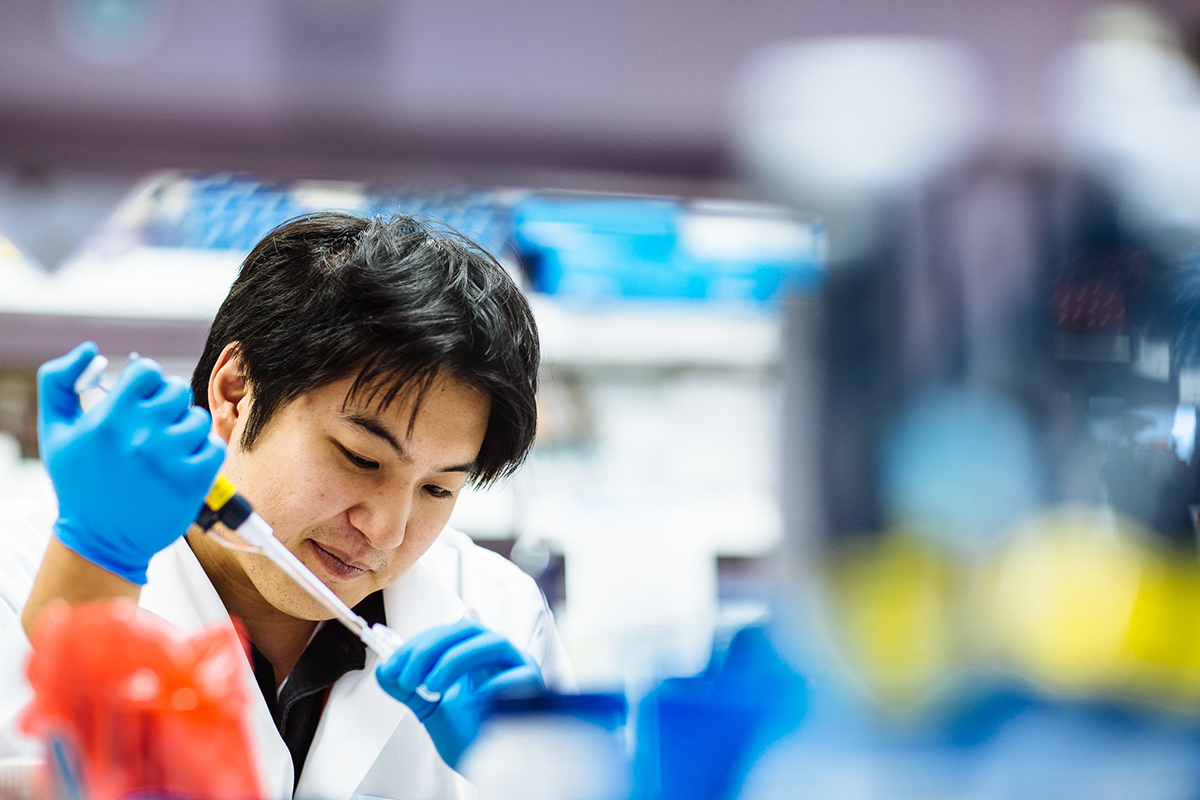Condition
Pediatric Anemia (hemolytic)
What You Need to Know
Hemolytic anemias are a group of conditions in which red blood cells are destroyed.
Key Symptoms
The most common symptoms of hemolytic anemia may include:
- Pale skin
- Jaundice or yellowing of the skin and eyes
- Dark-colored urine
Diagnosis
Doctors typically diagnose hemolytic anemia by:
- Hemoglobin and hematocrit tests
- Complete blood count (CBC)
- Peripheral smear
- Blood tests
- Urine tests
- Bone marrow aspiration
- Biopsy
Treatment
Many children do not need treatment. If they do, common treatments are:
- Blood transfusions
- Steroids and other medicines
Schedule an Appointment
Our pediatric specialists provide personalized care for your child’s physical, mental and emotional health needs. Meet our providers and schedule an appointment today.
Frequently Asked Questions
Prevention and Risk Assessment
What is hemolytic anemia in children?
What causes hemolytic anemia in a child?
Diagnosis
When should I call my child's health care provider?
How is hemolytic anemia diagnosed in a child?
What are the symptoms of hemolytic anemia in a child?
Treatment
How is hemolytic anemia treated in a child?
What are possible complications of hemolytic anemia in a child?
How can I help my child live with hemolytic anemia?
Meet the Providers Who Treat Anemia (hemolytic)
Departments that Treat Anemia (hemolytic)

Blood and Marrow Transplantation
Our program is one of the only dedicated pediatric bone marrow transplant programs in the region. We offer advanced treatments for children with leukemia and blood disorders like sickle cell disease. Learn more about this program.

Help Kids and Make a Difference
Invest in future cures to help children have brighter futures.







